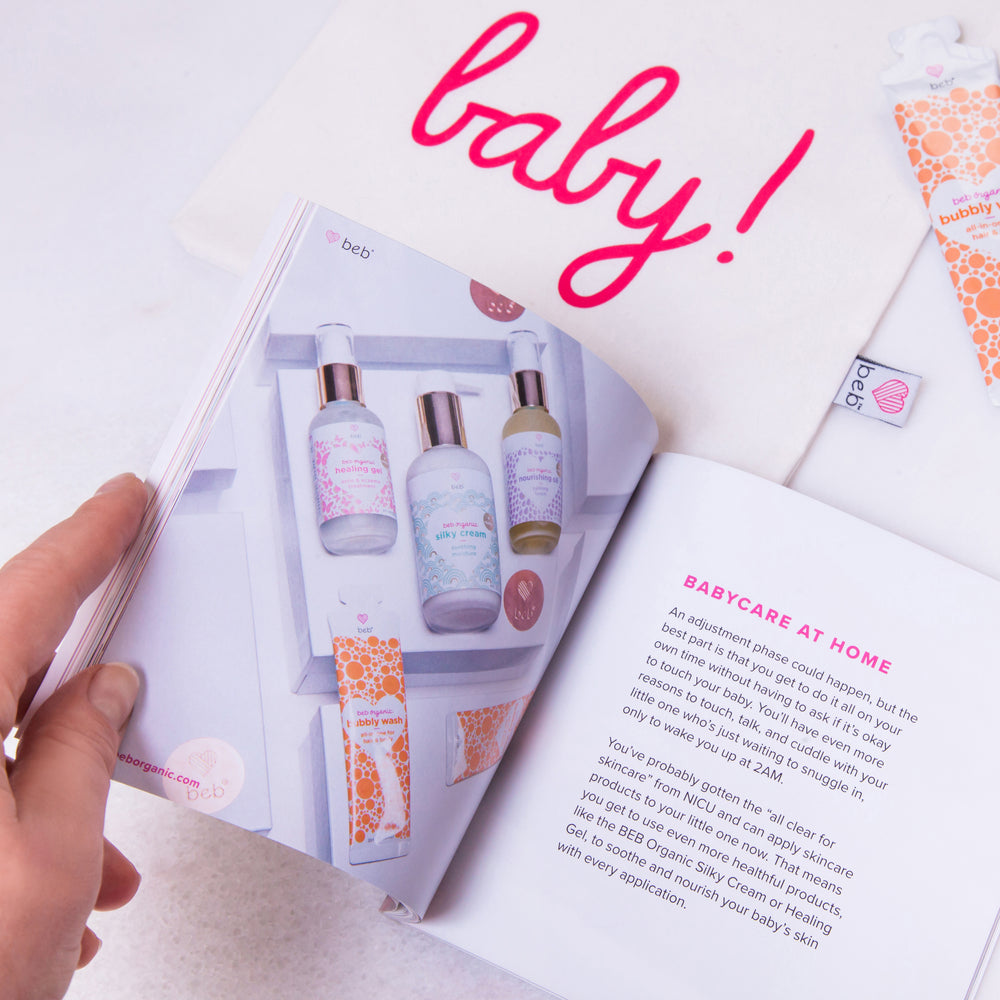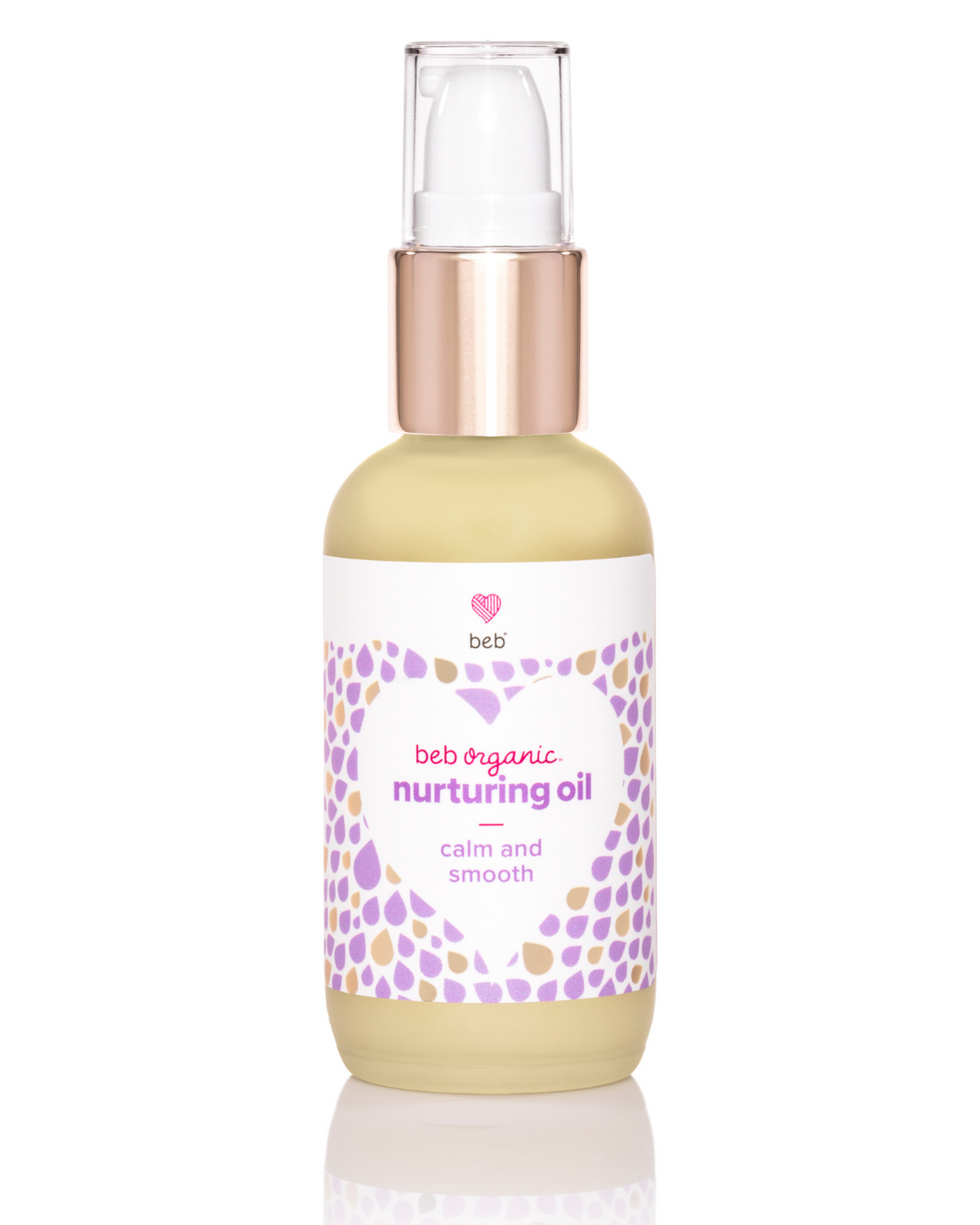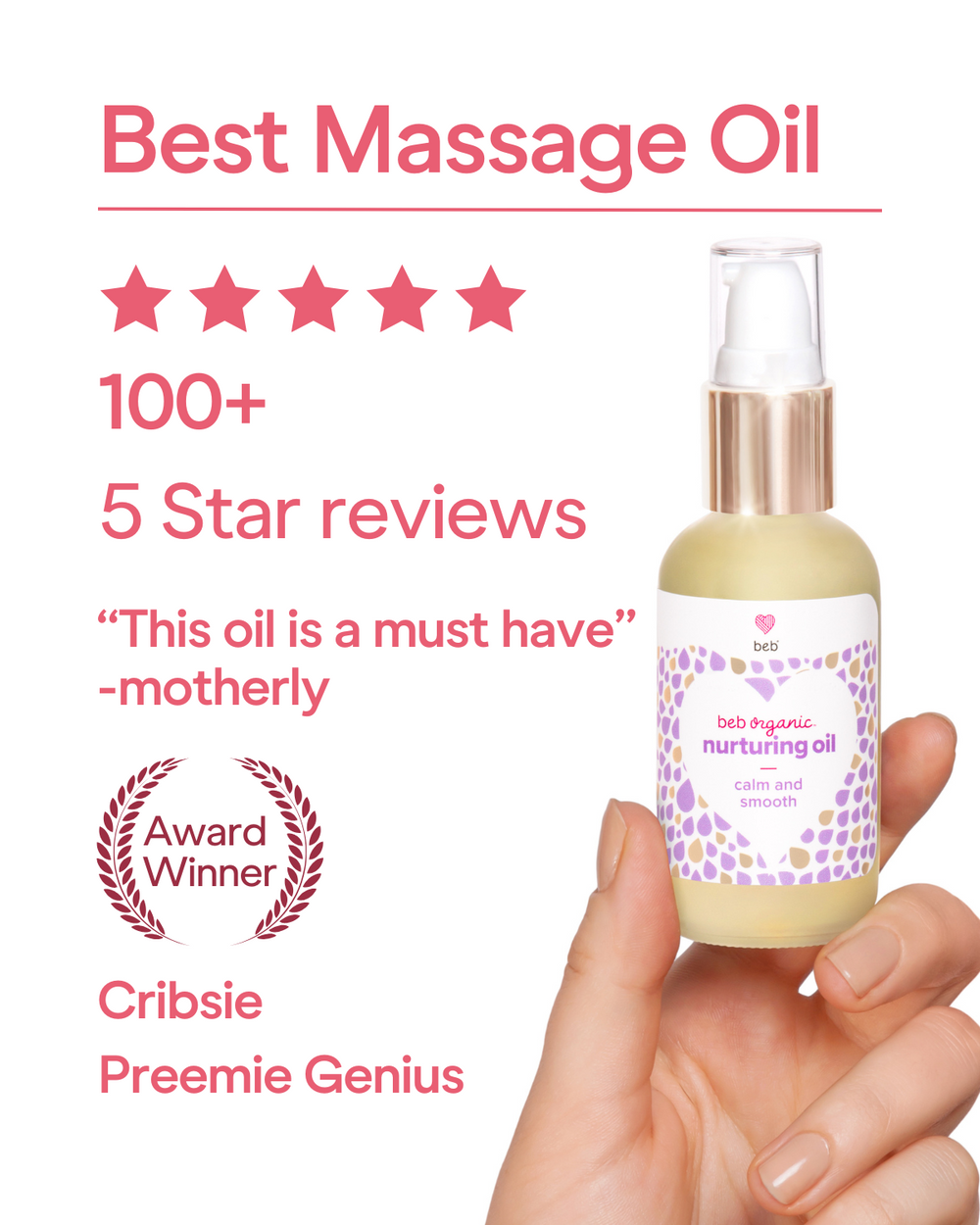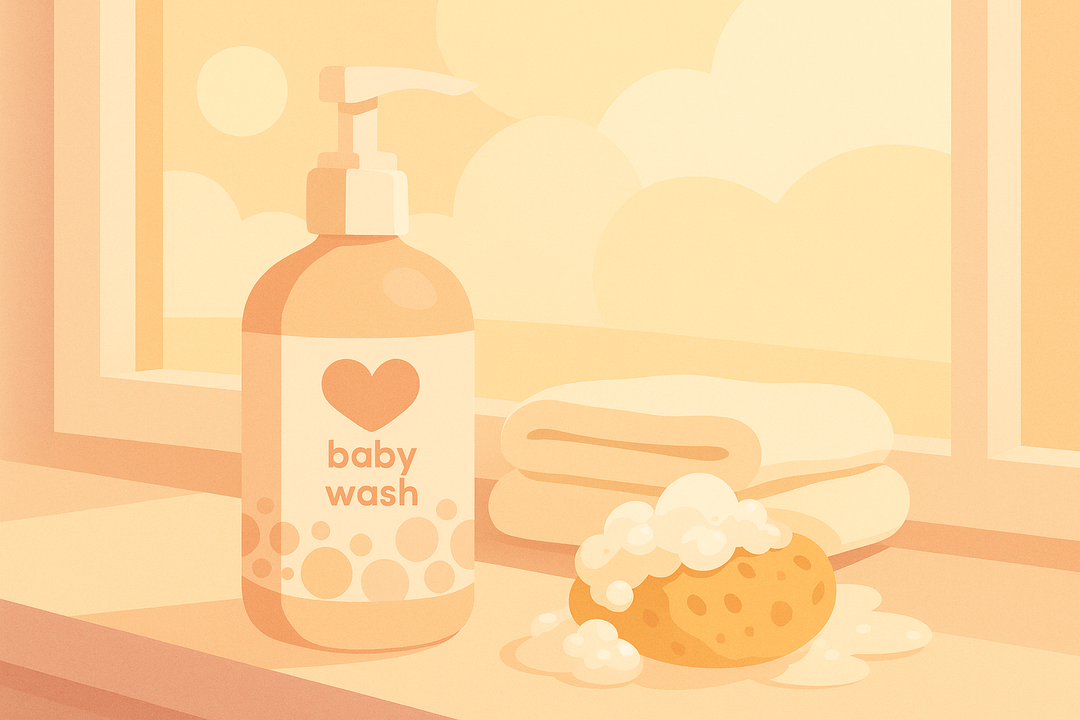All About Aroma
Does finding fragrance-free, baby-safe products have you in a funk? No wonder! When you know all about aroma, it’s not the prettiest picture. And your preemie is the recipient of its challenges.
Even in infancy, the nose knows what smells good and what smells wrong. Your sweet-smelling baby should be that way naturally.
But what may appear to be a fresh, clean scent may actually be a combination of potentially harmful chemicals. Here’s how to demystify the difference between good scents and bad sense when choosing unscented products for your family.

The Nose Knows
The skin’s scent casts a magical spell on both mother and child. When we smell something, the brain develops a chemical signature that associates that scent to a memory.
A mother can identify her baby solely by smell within a few hours after birth. And the primary olfactory memory of a baby—established in as little as ten minutes after birth—is reinforced with each feeding and cuddling.
You and your baby form an irrevocable bond through this sense.
You identify each other and also share love and nourishment in this way. Scent evokes immediate and detectible changes in the hormone levels of mother and child when they smell each other – it’s even been measured with scientific instruments.
When your baby eats or sleeps naked, cuddled against your chest, a strong foundation of safety, love, and stability are permanently imprinted in their neural pathways. Since your baby has fuzzy vision at birth, the olfactory imprint is much more important to their sense of security than vision.

Your preemie—growing stronger every day in the NICU—relies on your scent to tell them, “Mommy’s with you.”
But when people wear perfumes and other heavy scents around your new baby, it can hamper your ability to bond. And baby isn’t the only one thrown off-balance by strong smells – you are, too.
A woman’s heightened sense of smell is essential for bonding with baby, but it also has more utilitarian biological purposes. For millennia, it has helped new mothers protect themselves and their babies from spoiled food or other environmental dangers
Fragrance vs. Scent
While parents should absolutely be concerned about fragrance, smells are not inherently bad. They are an important part of bonding, brain development, and baby’s exploration of the world.
But the word “fragrance” on a label is a warning that it’s composed of ingredients that you would never normally use on your baby or yourself. Fragrance on a label may indicate thousands of undisclosed synthetic chemicals, many of which are known to –upon inhalation or contact – cause:
- problems in the central nervous system
- depression
- hyperactivity
- irritability
- discoloration to skin
- coughing
- vomiting
- skin irritation
You may not realize just how many products in your household are “improved” by added fragrances. Many brands of dishwashing liquid, soap, air fresheners, floor cleaners, fabric softeners contain added artificial scents.
Avoiding products with fragrance helps you limit the unknown chemical soup your baby is exposed to. And choosing products with either no scent or with fragrance from fruit and plant-derived oils is the safest choice.
Pass the Sniff Test
Certain scents can actually be good for you. Aromatherapy was originally a French method of treating various health and mood conditions, and is widely regarded as an art as well as a science.
Plant oils are usually distilled, expressed or extracted then combined in a variety of ways to yield specific aromatic results. Chamomile, lavender, calendula, and rose are the oils most often used in baby products and products designed for sensitive skin, like delicate preemie skin.
Various combinations of these oils can enhance your mood, and your baby’s. They can help calm you. And when your baby is cranky or too tired, they can even help them go to sleep.
Essential oils from plants and flowers can protect, nurture, and nourish. Products with aromatherapeutic value are believed to stimulate emotional centers in the brain as well as benefit the limbic and immune systems.
Aromatherapeutic oils are usually delivered in toiletries like lotion, bubble bath, and ointment.
They can be naturally antibiotic, anti-fungal and antiviral, and offer the skin additional immune support when it needs it most. Many oils applied for pharmacological purposes also work against certain microbes.
Though the scent of most oils can be replicated synthetically, these artificial fragrances do not have the same benefits as the authentic oils from plants.
Plain As The Nose On Your Face
The ingredients in fragrance are some of the most frequent causes of allergic reactions.
Even when your goal is to use products without fragrance as much as possible, unless you know what to look for you are probably getting a dose of artificial fragrance chemicals without even knowing it.
It is difficult to avoid complete exposure. Many products labeled as “fragrance free” are shown to contain fragrance ingredients, either because these ingredients act as preservatives or because they are used as masking perfumes.
And many medications that pediatricians and dermatologists recommend—both prescription and over-the-counter—can contain fragrance.
Whenever possible, choose fragrance-free products that are naturally-derived and do not contain any synthetic fragrances.
Our BEB Organic skincare products contain only pure essential oils that also nourish your preemie’s skin and developing body, with each application from your loving hands. Get a gift for your preemie.

Sources
- Aggleton ,J. P., Mishkin M. The amygdala: Sensory gateway to the emotions.
- Plutchik, R., Kellerman H. Orlando: Academic Press; Emotion: Theory, Research and Experience. Vol 3: Biological Foundations of Emotion. 1986:281–99.
- Anderson, A. K., Christoff K., Stappen I., Panitz D., Ghahremani D. G., Glover G., Gabrieli J. D., Sobel N. Dissociated neural representations of intensity and valence in human olfaction. Nature Neuroscience. 2003;6:196–202.
- Ayabe-Kanamuura, S., Schicker I., Laska M., Hudon R., Distel H., Kobabyakaw T., Saito S. Differences in perception of everyday odors: A Japanese-German cross-cultural study. Chemical Senses. 1998;23:31–38.
- Balough, R. D., Porter R. H. Olfactory preference resulting from mere exposure in human neonates. Infant Behavior and Development. 1986;9:395–401
- Engen, T. The Perception of Odors. 1982 Toronto: Academic Press; Engen T. Odor Sensation and Memory. New York: Praeger; 1991.










